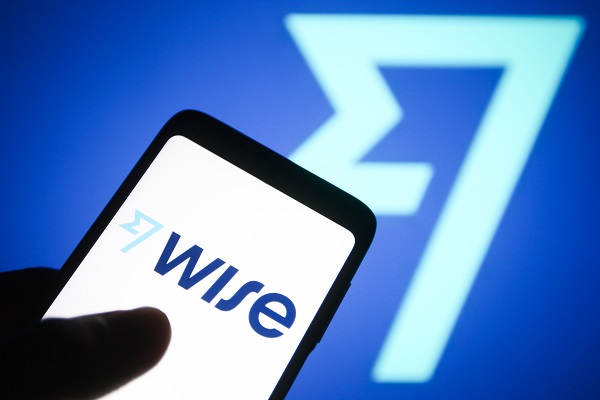Wise: what you need to know about this £5bn stock market float
6th July 2021 13:36
by Graeme Evans from interactive investor
There’s clear excitement as the UK money-changing app prepares for one of the biggest stock market listings of 2021.

A stock market debut where retail investors get the same treatment as big institutions takes place tomorrow when shares begin trading in money transfer business Wise.
Rather than using the traditional method of an initial public offering (IPO), the Shoreditch-based fintech start-up, formerly known as TransferWise, will become a publicly traded company through what’s called a direct listing.
This means its valuation will be based on demand in the opening auction on the first day of trading, instead of being set beforehand by banks following the IPO bookbuilding process.
- Invest with ii: Most-traded US Stocks | Share Tips & Ideas | Open a Trading Account
The expected valuation of $7 billion (£5 billion) would make Wise one of the biggest stocks in London to go down the route of a direct listing. Several companies in Wall Street have already done so, including analytics company Palantir Technologies (NYSE:PLTR) and workplace app Asana (NYSE:ASAN).
- How to buy Wise shares with ii
- UK’s IPO boom is best in a decade
- Seven IPOs to watch out for during the rest of 2021
- Small shareholders want a seat at the table as IPO listings take off
A direct listing enables existing investors to monetise their shares, and is a quicker option for companies who may already have secured private finance before coming to market.
It's also regarded as fairer than an IPO, where the underwriting bank typically offers shares to institutions first with retail investors only able to participate after admission to trading.
Why Wise is different
Price setting in the IPO process is not an exact science, with Deliveroo (LSE:ROO) and Darktrace (LSE:DARK) moving sharply in opposite directions on their respective first days of trading earlier this year.
In the Wise direct listing, it is expected to take three hours in the opening auction to determine the price. Customers of interactive investor will be able to trade the shares during the first day.
Companies using a direct listing need to be confident that there is sufficient demand among its existing shareholders to allow a liquid market to develop post-admission to trading.
Revealing its plans to become a publicly traded company, Wise said its approach was a “fairer, cheaper and more transparent way” to broaden its ownership.
It added: “Listing this way means that retail and institutional investors can both buy shares at the same time and in the same way. No one will get preferential treatment.”
The company has established a customer shareholder programme, where participants receive bonus shares representing 5% of the value of the shares they buy and hold for at least 12 months, up to a cap of £100.

Chief executive and co-founder Kristo Käärmann (pictured above) said there had been over 60,000 expressions of interest in OwnWise in the week since the listing was announced. He added: “Bringing in the people we serve as owners of Wise is something I’ve long wanted to do.”
- AIM IPO winners and losers in 2021
- Six things you must do before buying any share
- Find out more about new stock market flotations on ii's IPO page here
- Check out our award-winning stocks and shares ISA
All existing investors, including current and previous staff who hold options and shares, will be offered time-limited enhanced voting shares to ensure they are focused on Wise’s progress.
Wise has been profitable since 2017, with 54% compound growth over the last three years taking revenues up to £421 million, as the company increasingly disrupts the traditional model where international payments flow through banks and other providers.
The company, which was set up in 2011 by Käärmann and fellow Estonian Taavet Hinrikus, serves 10 million customers worldwide and sends over £5 billion across borders each month.
It claims to save customers over £1 billion a year compared to these transactions being made with a bank. Wise holds 62 licences enabling operations in 40 countries.
These articles are provided for information purposes only. Occasionally, an opinion about whether to buy or sell a specific investment may be provided by third parties. The content is not intended to be a personal recommendation to buy or sell any financial instrument or product, or to adopt any investment strategy as it is not provided based on an assessment of your investing knowledge and experience, your financial situation or your investment objectives. The value of your investments, and the income derived from them, may go down as well as up. You may not get back all the money that you invest. The investments referred to in this article may not be suitable for all investors, and if in doubt, an investor should seek advice from a qualified investment adviser.
Full performance can be found on the company or index summary page on the interactive investor website. Simply click on the company's or index name highlighted in the article.